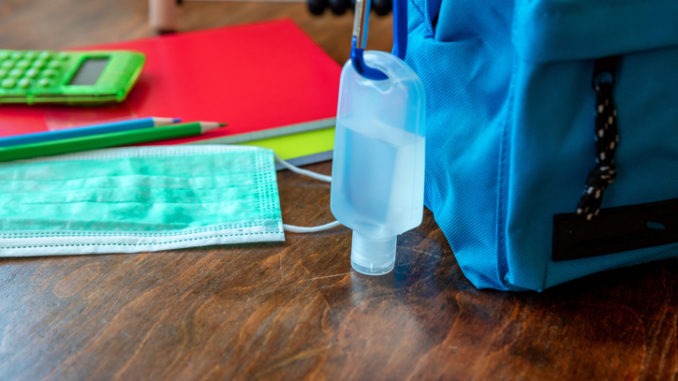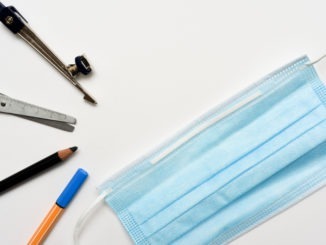
As reported by BBC news, all schools in England are going back from 8 March, the prime minister has confirmed, with schools able to decide how that is organised that week
The return will see mass COVID testing in secondary schools – with parents expected to carry out the testing at home, after three tests in school. Home testing for secondary pupils will be twice weekly – but with no testing so far planned for primary. Face masks will also be required in secondary school classrooms.
The prime minister Boris Johnson has set out his “roadmap” for the return of all primary and secondary schools from 8 March, with schools able to organise how different year groups go back during that week. Attendance will be compulsory when schools go back, with penalty fines able to be imposed.
After three COVID tests in secondary school and one home test, there will be twice-weekly tests carried out by parents and carers at home. This has the backing of head teachers, who did not want schools to have the extra pressure of operating testing centres. But it remains uncertain how parents would feel about carrying out the lateral flow tests and relying on such home testing to detect outbreaks, rather than checks by trained staff. These are usually swab tests, taking a sample from the back of the throat and and from the nose. There will also be questions about children who do not have someone able or willing to carry out the tests at home.
COVID testing has been running in schools this term for the children of key workers and vulnerable children who are still attending – with more than three million tests so far administered. New safety guidance this week will announce a wider use of face masks in indoor areas in secondary school. This will require face masks in secondary schools where social distancing is not possible – including in the classroom.
Schools will be able to make their own decisions about how the return will be organised, with discretion over a phased return for that first week, such as the whether some year groups are brought back earlier.
An alliance of teachers’ and head teachers’ unions had warned that sending back 10m children and school staff at the same time was “reckless” and risked triggering a fresh wave of infections.
Head teachers have raised a specific concern about the logistics of COVID testing – saying that in a secondary school with more than a thousand pupils it’s not realistic to carry out tests on all pupils if they arrive at the same time, so the start will have to be staggered.
Another £300m has been added to the £1bn catch-up funding announced last year, in recognition of the amount of time pupils will have missed in school. There will be announcements on how this is likely to be spent, such as on summer clubs, tutoring, after-school lessons, activities and sports.
A school catch-up tsar, Sir Kevan Collins, has been appointed to lead on this recovery, with particular concerns about the biggest negative impact falling on the most disadvantaged.
Cancelled GCSEs and A-levels are going to be replaced by teachers’ grades, with more details expected on Thursday. There will be “mini-exams” which are intended to “inform” the judgements made by teachers, rather than be used to decide results.
The mini-exams will be marked by teachers within schools and are likely to be options for schools to use to assess pupils, rather than being compulsory.
Results could be published earlier than usual, allowing more time for appeals ahead of university admissions.
Vocational exams are also expected to use teachers’ grades, but with different arrangements for qualifications requiring practical skills.
- In Scotland, younger primary pupils have gone back to school, along with some exam year students in secondary school. A wider reopening has yet to be decided.
- In Wales, younger primary years have also returned on Monday – with older primary pupils set to go back on 15 March if Covid levels continue to fall.
- In Northern Ireland, younger primary pupils will return to classrooms on 8 March.


Be the first to comment